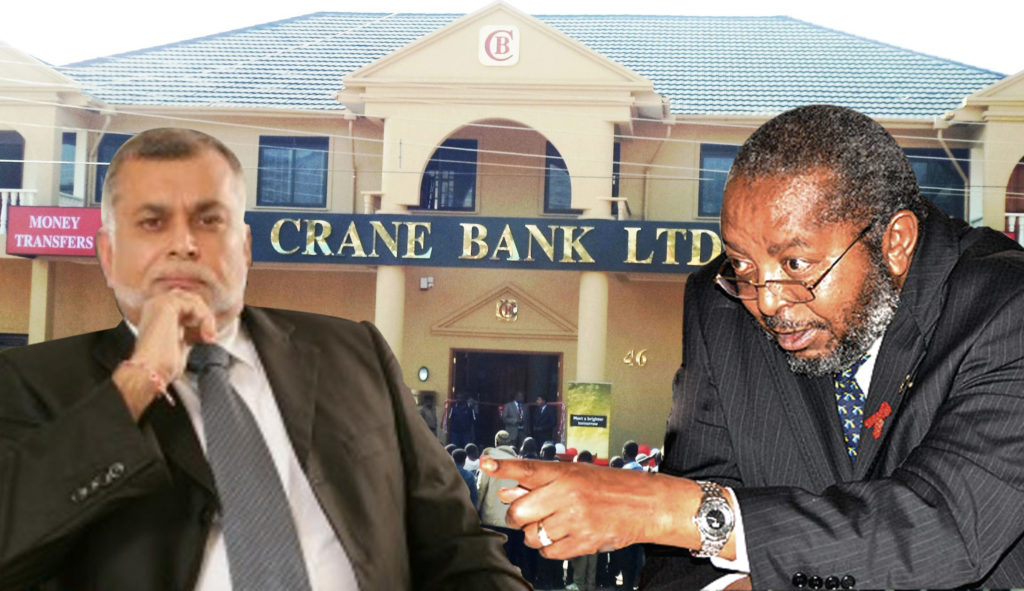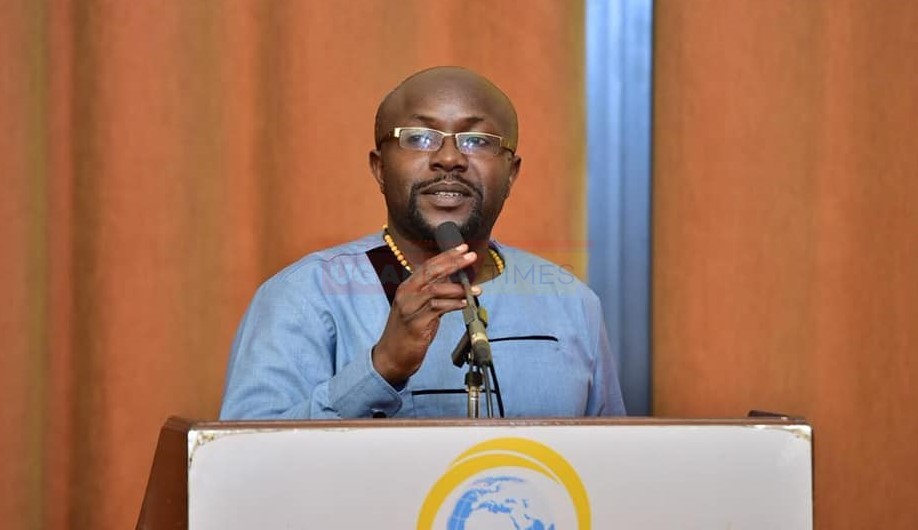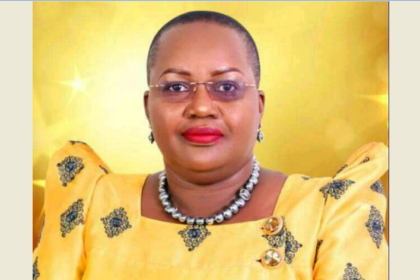Bank of Uganda on Friday November 13, 2020 announced that it had placed Crane Bank Limited (CBL) in receivership under liquidation and ordered the winding up of its affairs.
Winding up is the process where a company ceases operations, with liquidation being the stage where company assets are sold off to pay creditors.
In a statement, BoU Governor Prof. Emmanuel Tumusiime-Mutebile said the Central Bank is exercising its powers under section 99 (1) & (2) of the Financial Institutions Act, 2004.
“All borrowers of CBL, whose loans were transferred to dfcu Bank under the purchase of assets and assumption of liabilities agreement between CBL (In Receivership) and dfcu Bank Ltd, must continue to service their loan obligations with DFCU Bank Ltd,” Mutebile said in a statement.
BoU controversially took over management of Crane Bank Ltd on October 20, 2016 and subsequently progressed it into receivership on January 24, 2017 before selling it to dfcu. The bank was largely owned by businessman Sudhir Ruparelia and his family.
Following the Central Bank’s move, Dr Sudhir on Saturday came out to accuse the former of contempt of Court.
The Ruparelia Group of Companies Chairman said in a message that the central bank is in abuse of its powers which would require courts of law to prevail over their illegalities.
“It is contempt of court and we going to apply for contempt of Court at Supreme Court,” Dr Sudhir said.
On the other hand, lawyers acquainted with commercial matters have warned that BoU’s plans to liquidate Crane Bank Limited in receivership are illegal and could cost taxpayers more money, should it go ahead.
They said that the move is outside the powers granted to the Central Bank by the Financial Institutions Act (FIA).
“The powers of the Central Bank over banks is granted and governed by the Financial Institutions Act (FIA). It is not arbitrary. That Act sets out the powers and their limits and what the Central Bank can and cannot do. In both HCCS 493/2017 and Civil Appeal 252/2019, both filed by BOU to assert powers as Receiver of CBL, the High Court and the Court of Appeal both found that the Receivership of CBL ended 12 months after it commenced (i.e. January 2018),” the lawyers said.
“After this date when the courts of law determined that receivership had ended, BOU lost all legal authority over the affairs of CBL. It must be remembered that BOU’s authority is granted by the FIA and is limited by the FIA. Both Courts found that under the FIA, BOU’s authority as Receiver of CBL ended in January 2018. This means that after that date, BOU has no authority to make any decisions of any kind for CBL. Like at the end of all receiverships, the company is returned to its Board of Directors and Shareholders. After January 2018, CBL by law was supposed to return to its Board of Directors and Shareholders.”
In June this year, the Court of Appeal in Kampala threw out a case against Dr Sudhir.
The Panel of judges led by acting Chief Justice Alfonse Owiny- Dollo upheld the judgment of Commercial Court judge David K. Wangutusi in application filed by Bank of Uganda seeking a refund of Shs397 billion from Sudhir which he allegedly siphoned from the defunct Crane Bank. Court dismissed case with costs.
Bank of Uganda/Crane Bank in receivership (BoU) had appealed against an August 26, 2019 ruling where the High Court Commercial division dismissed with costs, the multi-billion lawsuit.
In his ruling, Justice Wangutusi stated that BoU/Crane Bank (in receivership) did not have a legal basis to sue Sudhir, the owner of Crane Bank, then the second biggest bank in Uganda.
Court ordered Bank of Uganda to pay Sudhir’s legal costs.
BoU /Crane Bank in Receivership sued the property mogul and Meera Investments Limited for allegedly fleecing the defunct Crane Bank Limited (CBL) of Shs397 billion that the central bank wanted refunded.
Sudhir denied the allegation and has since counter-sued BoU, seeking compensation of $8m (Shs28 billion) in damages for breach of contract.
He asked the Commercial Court to dismiss the case arguing that the central bank over stepped its mandate in commencing court proceedings against him and his Meera Investments Company.
Presenting an objection against BoU, Sudhir through his lawyers Kampala Associated Advocates told Justice David Wangutusi that when dissolving a bank, BoU had three options including putting someone else in its management – what is termed as statutory management, receivership or liquidation.
Counsel Elison Karuhanga argued that however, BoU chose to go for receivership yet under the law, specifically only the manager and the liquidator of the said bank is mandated to file a suit and not a Receiver.
He further explained that, BoU as a Receiver could only dissolve or sell Crane Bank within 12 months but not sue it’s managers.
However, in response to the submissions of Sudhir’s lawyers, BoU through its lawyer Dr Joseph Byamugisha told court that when a financial institution is placed under receivership the power to commerce or to continue with a civil suit does not stop.
BoU on October 20, 2016 placed Crane Bank under statutory management for being under-capitalised.
The central bank attributed the under-capitalisation to mismanagement and insider lending, resulting in Crane Bank’s unsustainable non-performing loan portfolio. The bank was later sold to dfcu Bank in January 2017, although the central bank retained some of its liabilities.
Bank of Uganda closed Sudhir’s bank, then the second biggest bank, and largest indigenous financial institution
Meanwhile, separate investigations by the Auditor General and Parliament recently found contrary information regarding the takeover and sale of Crane Bank. It was also discovered that BoU managers fell short of professionalism, having closed six more banks in the same shabby and illegal manner.
Do you have a story in your community or an opinion to share with us: Email us at Submit an Article








